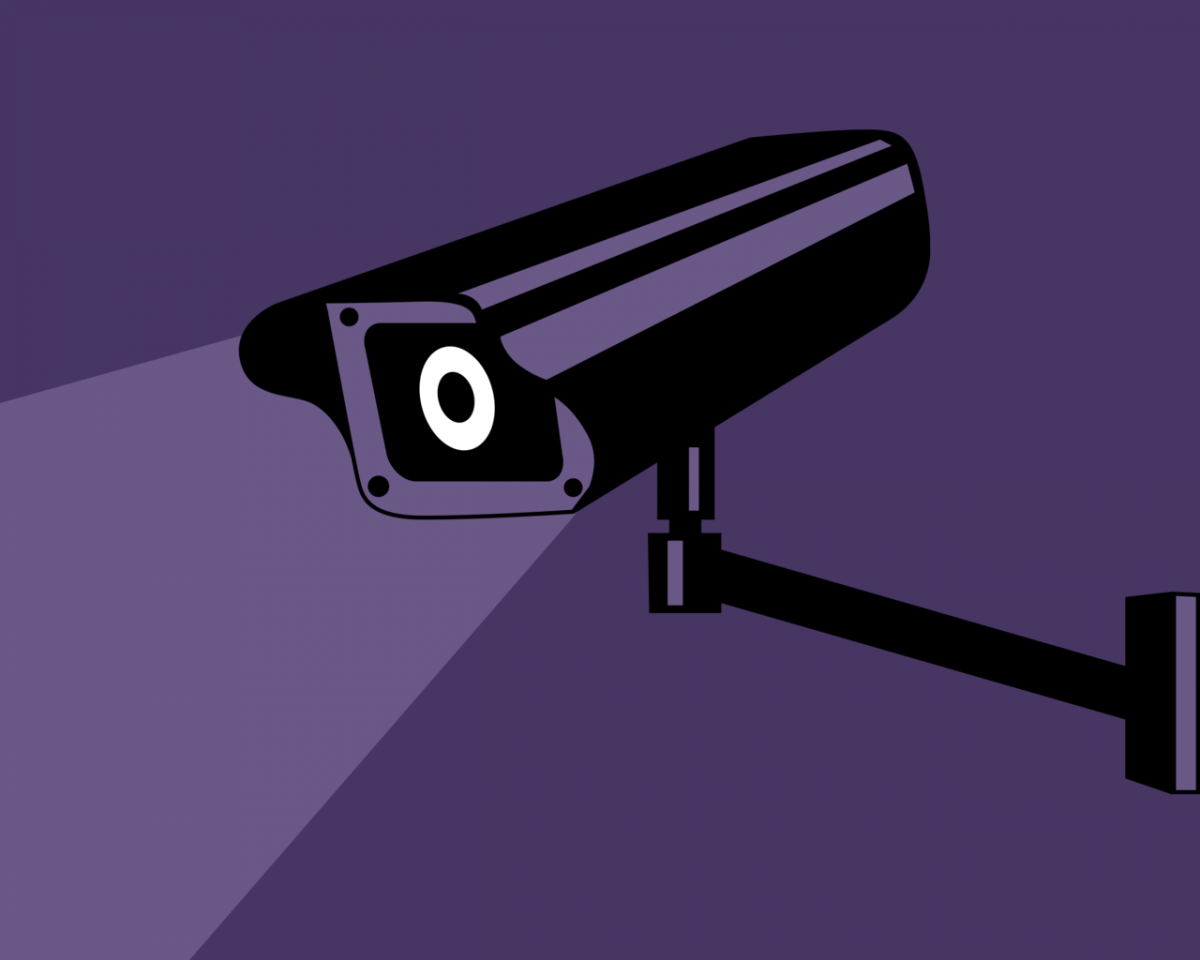I Have Nothing to Hide – Really? Here’s why privacy matters to all of us

The statement “I have nothing to hide” is very popular. But recently reversing this statement has also become very popular: “Give me your bank account login, your email login, your Facebook login.” Most people refuse this instantly, and for a good reason: Everybody has something to hide. To convince everybody – once and for all – let’s take a deep dive into why privacy matters and how everybody can protect their private data easily.
Privacy Is a Basic Human Right
Privacy online and offline is a basic human right not because we have something to hide, but because it protects all people whether or not they have something to hide today. You don’t want your neighbor to spy on you, so why should a government or an Internet service be allowed to see and use your data for their own purposes?
Privacy Protects Minorities
Many governments already spy on their citizens to prevent political opposition. Even politicians in Western democracies are increasingly in favor of online surveillance, falsely claiming that this would protect us from terrorist attacks. This is a worrisome development as the right to privacy is crucial when it comes to protecting people with oppositional political views. Autocratic systems around the world show us how dangerous it is to give up our right to privacy – not only for the people affected, but also for a society as a whole: When self-censorship becomes the norm, a true dispute – essential to any democracy – becomes impossible.
Privacy Saves You Money
Companies use your data to show you personalized advertisements. Some people even say they like seeing ads they are interested in, but this form of advertisement is not just invasive, it is also very costly: From online tracking the advertisements company knows exactly what you are looking for, and they more or less know what you are willing to spend. Because of all the data they have accumulated about you and about lots of other Internet users matching your browsing profile, they will not show you the best deal available. Instead they will show you very targeted advertisements that will very likely make you pay more than you should have.
Privacy Is Safety
The Internet is a great place where we can share every idea freely. However, there are a lot of criminals active online, whose only goal is to steal your identity by gaining access to online accounts such as email, Paypal, or Facebook. It is important to keep your online identity secure and protect it from malicious attacks so that no one can use your accounts to steal money.
Companies Must Protect Privacy
The latest Equifax hack is a prime example of how a company should not handle people’s data. Private information must always be securely encrypted so that a potential attacker has no chance of stealing personal information of millions of people. That’s also why a backdoor to encrypted services is never an option. Any backdoor will sooner or later be abused by criminals.
Data Is the Currency of the 21st Century
The problem today is that data is of high value to most online services. As many offer their services for free, their business model depends on gathering users’ data, profiling them and posting targeted ads, or selling the data on to advertisers. This process is only designed to serve one purpose: Make as much money for the company involved as possible. Protection of people’s privacy is only a hassle that costs money – so nothing these companies would want to look after. For this reason, data leaks like the latest Equifax hack are becoming so numerous lately. Companies simply don’t care enough to adequately protect their users’ data against attackers.
People Must Protect Their Privacy Themselves
It would be desirable that this changes, that companies protect their users’ data with strong encryption. However, this costs money, so unless the users’ force companies to protect their data, they will never do it. Fortunately, users have more power than they think: By choosing privacy-friendly services that fully protect their data with encryption, they are forcing all companies to understand our right to privacy what it is: a key selling feature.
How to Protect Your Data
You can make a change today by switching to privacy-friendly, encrypted services. Here are some suggestions:
* Use VPN encryption to protect your Internet traffic such as PIA.
* Use encrypted mail such as Tutanota.
* Use private search engines such as Qwant.
* Use encrypted chat apps.
By making a switch today, you’ll stop the Internet spies from abusing your data! On top of that you fight along with us for our right to privacy – not only to protect your data, but also to protect our democracy.
